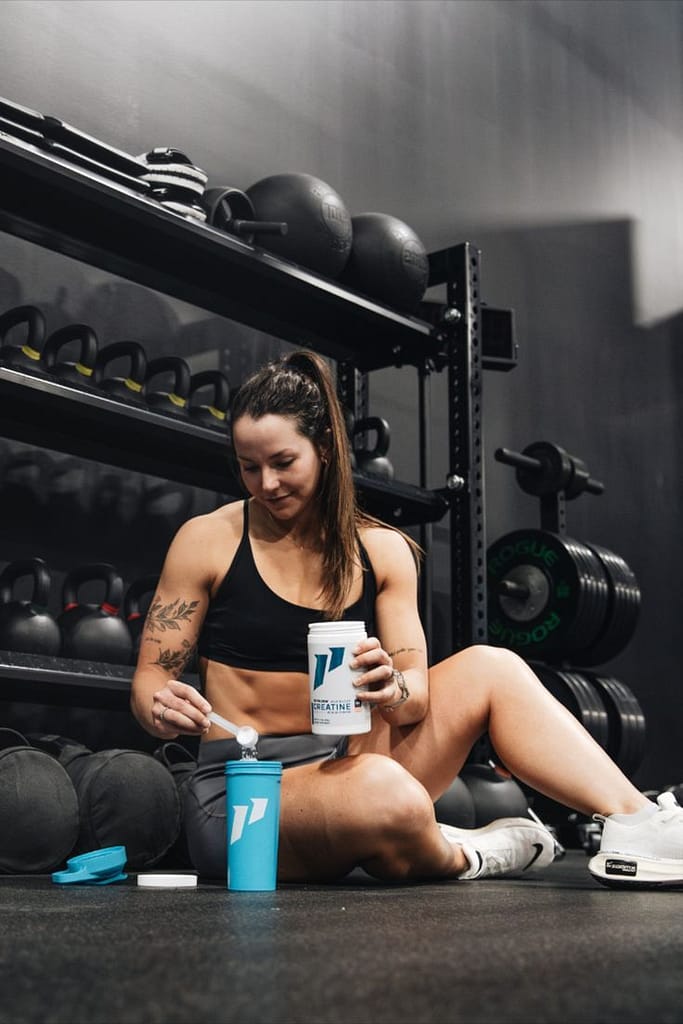Completing an intense workout is just the beginning of the journey towards achieving your fitness goals. The period following exercise is crucial for recovery, muscle growth, and overall performance enhancement. This is where post-workout supplements play a vital role. But with so many options available, choosing the right supplements can be daunting. In this detailed guide, we will explore the most effective post-workout supplements, why they are beneficial, and how to integrate them into your fitness routine to maximize your results.
Understanding the Post-Workout Recovery Phase
After a workout, your body undergoes several changes as it works to repair and build muscle tissue, replenish energy stores, and restore overall balance. The post-workout period is critical for:

- Muscle Recovery: Repairing muscle fibers damaged during exercise.
- Glycogen Replenishment: Restoring depleted energy stores in muscles.
- Reducing Muscle Soreness: Alleviating discomfort from exercise-induced muscle damage.
- Enhancing Performance: Preparing your body for the next workout session.
Why Post-Workout Nutrition Matters
Optimal post-workout nutrition ensures that your body has the necessary nutrients to support recovery and muscle growth. The right combination of nutrients can enhance your performance, reduce recovery time, and help you achieve your fitness goals faster. This is where post-workout supplements come into play.
Key Post-Workout Supplements and Their Benefits
1. Protein Powders
Protein powders are perhaps the most essential post-workout supplement. They provide a quick and convenient source of high-quality protein, which is vital for muscle repair and growth.
- Whey Protein: Known for its fast absorption and complete amino acid profile, whey protein is ideal for post-workout recovery. It helps stimulate muscle protein synthesis and promotes faster recovery.
- Casein Protein: With its slow digestion rate, casein protein provides a sustained release of amino acids, making it beneficial for muscle repair during extended periods, such as overnight.
- Plant-Based Proteins: For those who are lactose intolerant or follow a vegan diet, plant-based proteins like pea, hemp, and brown rice protein offer a suitable alternative. They are also rich in essential amino acids and nutrients.
2. Creatine Monohydrate
Creatine monohydrate is a well-researched supplement that helps increase muscle strength, power, and endurance. It works by replenishing adenosine triphosphate (ATP), the primary energy carrier in cells, which enhances performance during high-intensity exercises.
- Benefits: Improved strength, increased muscle mass, and enhanced recovery.
- Usage: Typically taken in a loading phase (20 grams per day for 5-7 days) followed by a maintenance phase (3-5 grams per day).
3. Branched-Chain Amino Acids (BCAAs)
BCAAs—comprising leucine, isoleucine, and valine—are essential amino acids that support muscle protein synthesis and reduce muscle soreness. They are particularly effective for those engaging in strenuous exercise.
- Benefits: Reduced muscle soreness, decreased muscle breakdown, and improved exercise performance.
- Usage: Consumed during or after workouts to aid in recovery.
4. Glutamine
Glutamine is an amino acid that plays a crucial role in protein synthesis and immune function. It helps with muscle recovery and reduces exercise-induced muscle soreness.
- Benefits: Enhanced muscle recovery, reduced muscle soreness, and immune support.
- Usage: Often taken in doses of 5-10 grams post-workout.
5. Electrolytes
Electrolytes such as sodium, potassium, calcium, and magnesium are vital for maintaining fluid balance, muscle function, and preventing cramps. They are especially important after intense workouts that result in significant sweat loss.
- Benefits: Replenished fluid balance, reduced risk of muscle cramps, and improved hydration.
- Usage: Consumed in drinks or powders to restore electrolyte levels after exercise.
6. Carbohydrates
Carbohydrates are essential for replenishing glycogen stores depleted during exercise. Combining carbohydrates with protein in a post-workout supplement can enhance recovery and muscle repair.
- Benefits: Replenished glycogen stores, improved recovery, and sustained energy levels.
- Usage: Typically consumed in a 3:1 ratio of carbohydrates to protein post-workout.
7. Omega-3 Fatty Acids
Omega-3 fatty acids, found in fish oil or algae supplements, have anti-inflammatory properties that can help reduce muscle soreness and support joint health.
- Benefits: Reduced inflammation, enhanced joint health, and improved recovery.
- Usage: Taken as a daily supplement or included in post-workout recovery shakes.
How to Choose the Right Post-Workout Supplements
Selecting the right post-workout supplements involves considering several factors to ensure they align with your fitness goals and dietary needs.
1. Identify Your Goals
Determine what you want to achieve with your post-workout supplements. Are you focusing on muscle growth, endurance, or recovery? Your goals will guide your choice of supplements.
2. Assess Your Diet
Evaluate your current diet to identify any gaps that supplements can fill. For example, if you are not meeting your protein needs through food alone, a protein powder might be beneficial.
3. Check for Quality and Purity
Choose supplements from reputable brands that offer transparency in ingredient sourcing and manufacturing practices. Look for products that have undergone third-party testing for purity and effectiveness.
4. Avoid Excessive Ingredients
Simplicity is key. Avoid supplements with a long list of ingredients, as they may contain unnecessary additives or fillers. Focus on products with high-quality, effective ingredients.
5. Consider Your Budget
High-quality supplements can be an investment, but it’s important to find options that fit within your budget. Compare prices and look for value without compromising on quality.
Incorporating Post-Workout Supplements into Your Routine
To maximize the benefits of your post-workout supplements, follow these tips for effective integration into your routine:
1. Timing Is Key
Consume your post-workout supplements within 30-60 minutes after exercise. This is when your body is most receptive to nutrients for muscle repair and recovery.
2. Mix and Match
Combine supplements to create a balanced recovery shake. For example, mix protein powder with a source of carbohydrates and electrolytes for a comprehensive post-workout drink.
3. Stay Hydrated
Proper hydration is crucial for recovery. Ensure you drink plenty of water throughout the day, especially after intense workouts.
4. Monitor Your Progress
Track your recovery and performance to assess the effectiveness of your supplements. Make adjustments as needed based on your results and feedback.
Conclusion
Choosing the right post-workout supplements is essential for optimizing recovery, enhancing performance, and achieving your fitness goals. By understanding the benefits of key supplements such as protein powders, creatine, BCAAs, and more, you can make informed decisions that support your overall health and fitness journey. Remember to integrate these supplements into a balanced diet and stay hydrated for the best results.
FAQs
1. What is the best post-workout supplement for muscle recovery?
Whey protein is highly effective for muscle recovery due to its fast absorption and complete amino acid profile. Combining it with carbohydrates and electrolytes can further enhance recovery.
2. How long should I wait to take post-workout supplements?
Ideally, consume your post-workout supplements within 30-60 minutes after exercise to maximize their effectiveness in muscle repair and glycogen replenishment.
3. Can I take creatine and BCAAs together?
Yes, creatine and BCAAs can be taken together. Creatine enhances strength and power, while BCAAs support muscle protein synthesis and reduce soreness, making them complementary for recovery.
4. Are there any side effects of taking post-workout supplements?
While most post-workout supplements are safe when used as directed, some individuals may experience digestive discomfort or allergic reactions. Always start with recommended doses and consult a healthcare professional if needed.
5. Can I get all the nutrients I need from food alone, or do I need supplements?
A well-balanced diet can provide most nutrients, but supplements can be beneficial if you have specific needs or are unable to meet your nutrient requirements through food alone. Consult a nutritionist to determine your specific needs.
